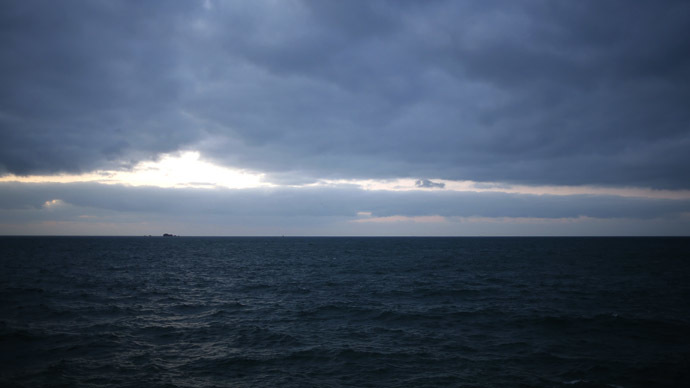The Great Dying-2? Manmade CO2 levels could cause repeat of largest mass extinction event

The greatest mass extinction event in history occurred when the world’s ocean suddenly turned to acid, killing off over 90 percent of life on Earth, scientists have found. They warn such a process could be repeated unless CO2 levels are controlled.
Known as the Great Dying, the event occurred over 250 million years ago when oceans acidified due to the continued eruptions of super volcanoes.
Chillingly, the rate at which the eruptions created carbon dioxide is comparable to that at which CO2 is being created by human activity today.
Dr Matthew Clarkson from the University of Edinburgh’s School of Geosciences, who carried out the study, said: “Scientists have long suspected that an ocean acidification event occurred during the greatest mass extinction of all time, but direct evidence has been lacking until now.
READ MORE: Oysters, crabs & clams under threat from CO2 along East Coast – study
“This is a worrying finding, considering that we can already see an increase in ocean acidity today that is the result of human carbon emissions.”
The report, published in the academic journal Science, found the extinction occurred over two distinct phases.
“The first phase of extinction was coincident with a slow injection of carbon into the atmosphere, and ocean pH remained stable,” the report said. “During the second extinction pulse, however, a rapid and large injection of carbon caused an abrupt acidification event that drove the preferential loss of heavily calcified marine biota.”
Other recent studies into the potential for future mass extinctions make equally grim reading.
In January, the first comprehensive scientific investigation of its kind determined that ocean life is facing mass extinction owing to human activity.
READ MORE: Mass extinction for Earth’s oceans probable, comprehensive study says
The ‘Marine defaunation: Animal loss in the global ocean’ study found that ocean damage is still reversible – unlike our impact on land. American scientists said the effects can be mitigated.
“We may be sitting on a precipice of a major extinction event,” Dr Douglas McCauley, one of the report’s authors, said of the analysis, which received wide acclaim from marine biologists and experts in related fields.
“If by the end of the century we’re not off the business-as-usual curve we are now, I honestly feel there’s not much hope for normal ecosystems in the ocean,” added co-author, Dr Stephen Palumbi.












